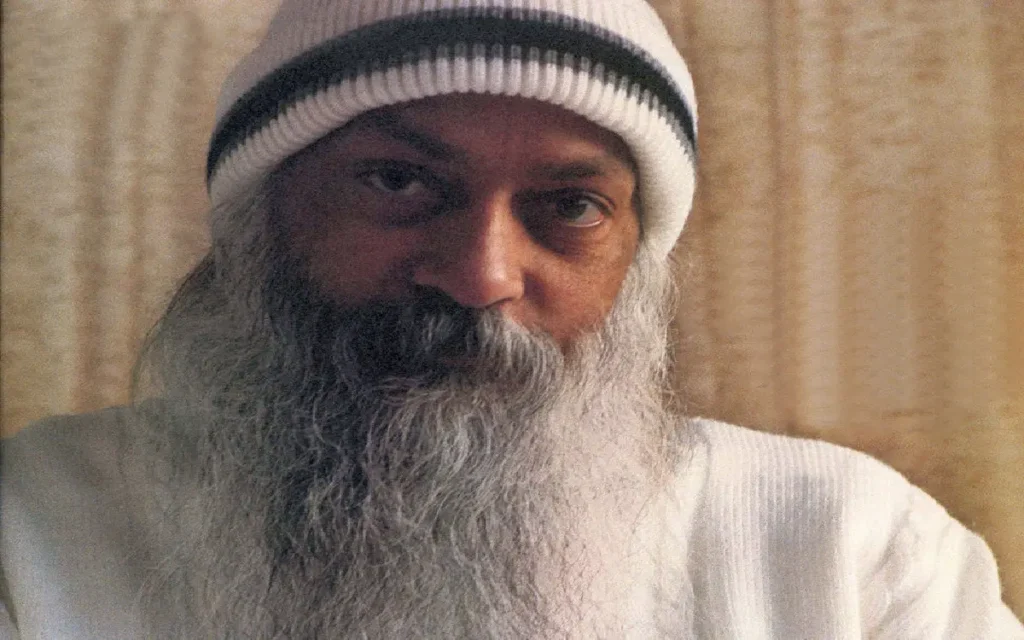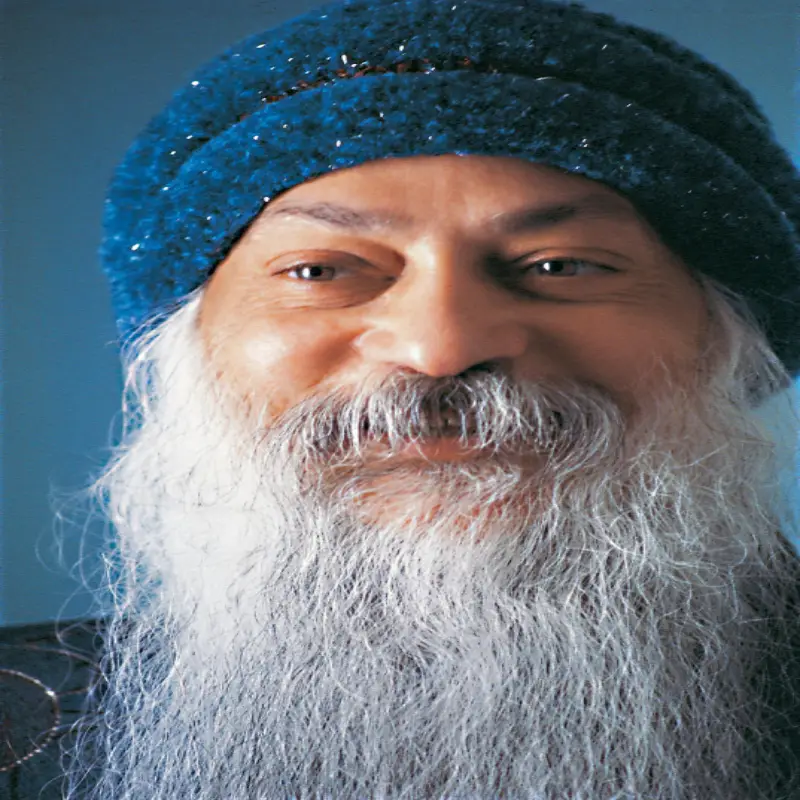
Third Psychology :Transforming Modern Psychology
Osho was a transformative figure in Third Psychology and greatly influenced current psychological practices. His teachings impact modern views on mental health, inspiring both psychological and spiritual leaders around the world.
Through integrating mindfulness and self-exploration, Osho challenged traditional psychology, urging individuals to connect with their true selves. His approach bridged the gap between psychology and spirituality, fostering a holistic perspective on human experience.
**Engaging with Osho’s Ideas Today**
Today’s therapists are blending Osho’s teachings into their practices, appreciating holistic methods for mental wellness. His insights advocate for authenticity, empowering individuals to escape societal limitations and discover their true identities.
Share your thoughts: How can Osho’s legacy guide your path to self-discovery?
By clicking Engage Now, you acknowledge acceptance of our Terms and Conditions.
Third Psychology?
The term “Third Psychology” refers to humanistic psychology, a movement that emerged in the mid-20th century as a reaction against the two dominant psychological paradigms at the time:
- Psychoanalysis (First Psychology): Focused on unconscious drives and early childhood experiences, spearheaded by Sigmund Freud.
- Behaviorism (Second Psychology): Centered on observable behavior and conditioning, championed by figures like John B. Watson and B.F. Skinner.
- Third Psychology in simple is a term that refers to the exploration of the human mind beyond traditional psychological frameworks. It combines elements of Eastern philosophy, spirituality, and existential inquiry, aiming to understand the deeper aspects of consciousness. This approach seeks to bridge the gap between the mind and the spirit, offering a holistic perspective on human behavior and mental well-being.
What is Third Psychology?
Humanistic psychology emphasizes:
- The uniqueness of human experience.
- Personal growth, self-actualization, and the potential for individuals to lead meaningful lives.
- A focus on positive aspects of human nature, such as creativity, love, and the pursuit of happiness.
- Subjective experience and the importance of personal perception and meaning.
Key Figures Responsible for the Term
The concept of a “Third Psychology” was primarily championed by:
- Abraham Maslow:
- Often credited as the father of humanistic psychology.
- Proposed the hierarchy of needs, culminating in self-actualization.
- He described humanistic psychology as a “third force” in psychology, providing an alternative to psychoanalysis and behaviorism.
- Carl Rogers:
- Known for client-centered therapy.
- Emphasized the importance of empathy, unconditional positive regard, and authenticity in facilitating personal growth.
Core Principles
- Holism: Understanding people as whole beings, including their emotions, thoughts, and actions.
- Innate Goodness: Belief in the intrinsic potential of humans to achieve their best selves.
- Focus on the Present: Emphasizing the “here and now” rather than past traumas or future behaviors.
- Free Will: Advocating for individual agency and choice over deterministic forces.
Legacy and Impact
The Third Psychology laid the groundwork for:
- Positive psychology: A later movement focusing on strengths and well-being (e.g., Martin Seligman).
- Influences in education, counseling, and personal development practices.
OSHO's application of Third Psychology
Osho (Rajneesh), the Indian spiritual teacher and philosopher, is not traditionally classified within the framework of the Third Psychology (humanistic psychology). However, his philosophy, teachings, and practices share several overlaps with its principles. Osho contributed to psychological thought, particularly in areas of personal growth, self-awareness, and the transformation of human consciousness. These ideas resonate with the goals of humanistic psychology.
Here’s a closer look at Osho’s contributions and how they align with the Third Psychology:
1. Emphasis on Self-Actualization and Human Potential
- Osho echoed Abraham Maslow’s concept of self-actualization, urging individuals to live authentically and realize their full potential.
- He believed that traditional social conditioning, religious dogmas, and repressive norms often stifle a person’s growth. Breaking free from these constraints is essential for self-discovery and inner transformation.
2. Integration of Mind, Body, and Spirit
- Humanistic psychology values the wholeness of the human experience, and Osho contributed significantly to this by emphasizing meditation as a tool to integrate mind, body, and spirit.
- He developed several active meditation techniques, such as Dynamic Meditation, designed for modern individuals burdened by stress and mental distractions. These practices help bridge the gap between external chaos and inner peace.
3. Rejection of Dualism
- Osho’s teachings emphasized moving beyond traditional dualities like good/evil, body/soul, or mind/spirit. He advocated for an integrated approach to life, recognizing and celebrating all aspects of human existence, including emotions, sexuality, and individuality.
- This holistic view aligns with the Third Psychology’s rejection of reductionist approaches.
4. Focus on Present-Centered Awareness
- Similar to Carl Rogers’ client-centered therapy, Osho placed importance on living in the present moment. He often spoke of mindfulness and awareness as the foundation of personal growth.
- His teachings encouraged people to drop guilt about the past and anxiety about the future, aligning with humanistic psychology’s emphasis on the “here and now.”
5. Creativity and Joy as Core Human Traits
- Osho frequently emphasized the creative potential of humans and the importance of living joyfully.
- He believed that creativity is not just for artists but is an essential aspect of every individual. This mirrors humanistic psychology’s focus on creativity and personal fulfillment.
6. Critique of Institutionalized Religion and Psychology
- Osho was critical of organized religion, much like humanistic psychology criticized traditional psychoanalysis and behaviorism. He argued that institutions often impose restrictions that hinder personal growth.
- He also critiqued Western psychology for focusing too heavily on pathology rather than potential, advocating for an approach that celebrates life and the individual’s capacity for transcendence.
7. Fusion of Eastern and Western Approaches
- Osho bridged Eastern spiritual traditions (e.g., Zen, Taoism) with Western humanistic ideals, offering a global perspective on personal transformation.
- His approach enriched the scope of the Third Psychology by introducing meditative and spiritual practices into the conversation about mental health and human development.
Significance in the Context of Third Psychology
Osho’s contributions broadened the application of humanistic psychology by:
- Incorporating meditation and mindfulness as core tools for growth.
- Expanding the notion of self-actualization to include spiritual awakening.
- Challenging societal norms and encouraging a revolution in consciousness.
While Osho was not directly involved with the humanistic psychology movement, his teachings align with its spirit, offering a complementary perspective that integrates spirituality and self-awareness. His ideas have influenced modern approaches to personal growth, therapy, and self-help, making his work relevant to the evolution of psychological thought.

Join the Dialogue
Engage with the Wisdom of Osho's Teachings
Osho’s insights have ignited conversations that echo through time. We encourage you to explore the wisdom that interconnectedness of mind, body, and spirit entails. Share your thoughts and be part of the enriching dialogue.
